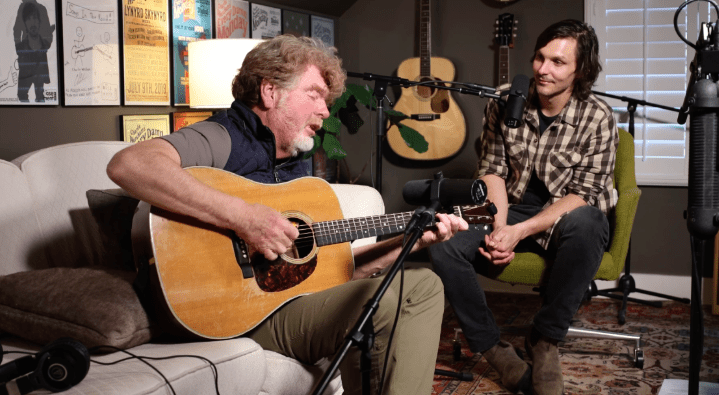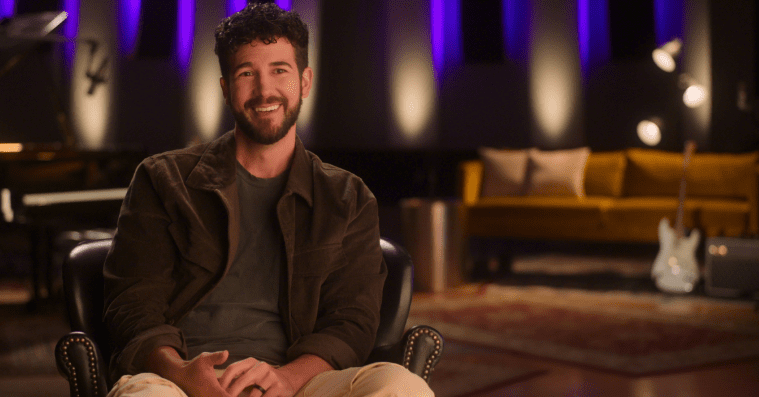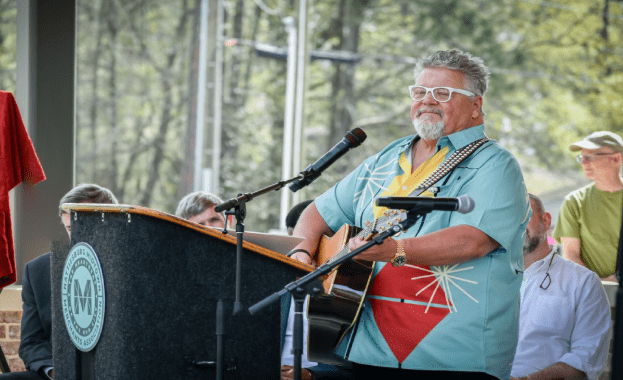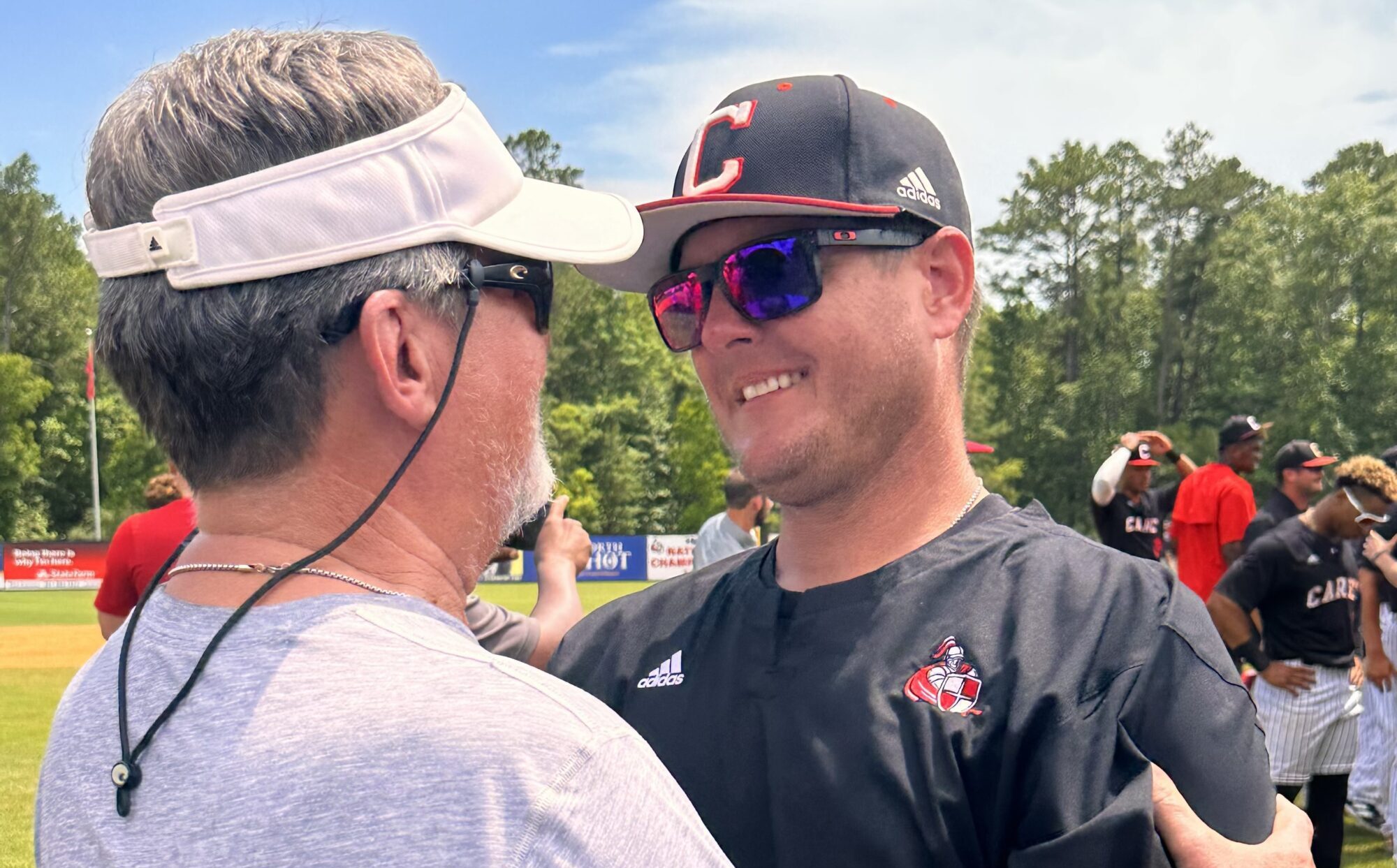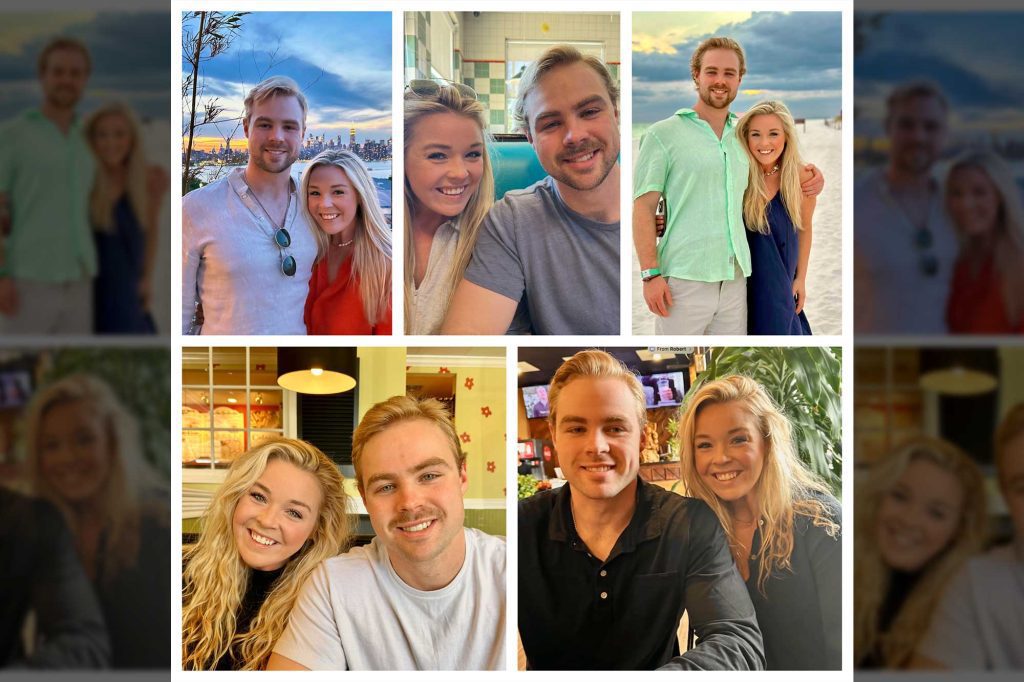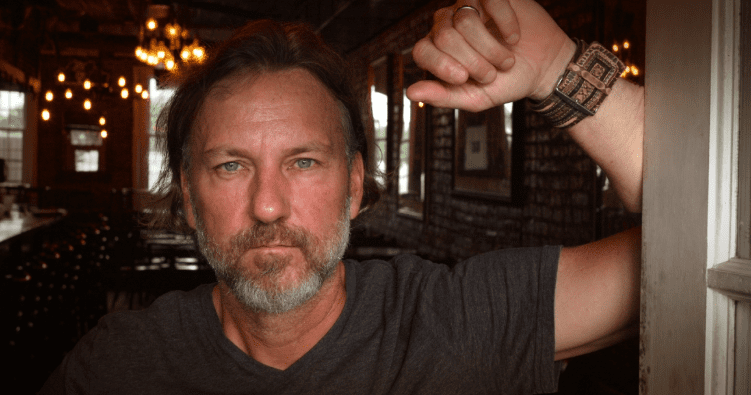
(Photo by Anthony Thaxton)
- The acclaimed writer, director and musician returns home from the road and hits the stage with his band, Michael Farris Smith and the Smokes.
At a hotel in Boston, novelist and filmmaker Michael Farris Smith is patiently awaiting the second-to-last event in support of his latest novel, Lay Your Armor Down. He’s ready to get back to his family in Oxford, but this evening he’ll read to another full room, play songs from his debut EP, and sell every copy of his book in the house.
The prolific, multi-hyphenate artist is living somewhere between dues and don’ts — happily racking up miles promoting his work and filling the downtime by relaxing at cigar shops and jogging instead of hanging out at bars. Now 55, the McComb native is taking care of himself on the road while taking care of the business that pulls him increasingly farther from home.
“It’s been different, which is what I wanted it to be,” Smith says. “But it’s also really validating when you do get far away from home and people show up. It reminds you that what you do matters to you, but maybe it matters to some other people, too.”
Exactly what Smith does is a moving target these days. Somehow along the timeline of writing Lay Your Armor Down, his seventh full-length work of fiction, he also wrote the 2023 screen adaptations for two of his previous books — “Desperation Road,” which starred Mel Gibson, and “Rumble Through the Dark,” based on “The Fighter” and featuring Aaron Eckhart and Bella Thorne. This spring he wrote and directed “Chasing Rabbits,” a film based on a short story he also wrote, produced through the Institute for Southern Storytelling at Mississippi College.
He may be having the most fun, though, when he takes the stage with his buddies from the Oxford music and literary scenes and performs tunes from Lostville, the debut from Michael Farris Smith and the Smokes, produced by Jimbo Mathus. Away from the deadline pressure and exhausting process of writing novels, Smith revels in creating music and seeing his audience react in real time.
“It’s a completely different vibe, and it’s a collaboration, too,” he says. “I like that my novels belong to me and I’m the boss, but I do like collaborating creatively with people who I like and trust.”
Smith is a natural storyteller on the page as well as on the mic, and the two disciplines are closer than they may appear. It’s no secret many writers are also musicians, and vice versa. In his case, it’s a way for iron to sharpen iron.
“I’ve always believed that sentences should have some type of lyrical quality to them, and I’ve been willing to follow the lyricism of language versus the technically correct version,” he says. “I’m willing to let sentences go, cut them into fragments, shift into one consciousness and out of another.”
Those elements of his writing — informed by the economy of Hemingway, the Southern Gothic mysticism of Faulkner, and the rural wasteland of Larry Brown — are key to novels like Salvage This World, where shadows conceal the machinations of those who prey on the downtrodden, and Blackwood, where pernicious kudzu masks a sinister supernatural force.
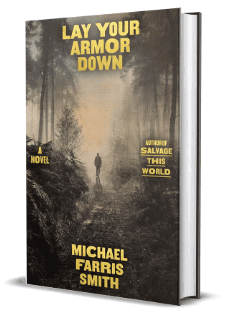
Cast into an uncertain world, the characters of Smith’s narratives live in a sort of permanent twilight between what they knew and what they will soon discover. In Lay Your Armor Down, a pair of freelancing opportunists stumble into the world of a blind and troubled elderly woman who occupies a liminal state apart from the past, present and future.
“Those are the things that are interesting to me,” he says, “that space between the light and the dark, when it’s kind of hazy and smoky and fading.”
Finally back in Oxford two days later, Smith put his solitary day gig aside for a moment to treat a hometown crowd to a full show with the Smokes at Proud Larry’s. It was also a treat for him.
“Anybody who’s read my novels knows there’s a tremendous amount of emotion that goes into them,” he says. “It’s very validating and I do love the journey through it, but I can’t say that it’s joyful.”
But, he adds, “Music is joyful. You get together with the guys, you throw some tunes together, and then you go out in the bar and play them. And people are there and drinking and having a good time, and there’s applause, and there’s lights and laughter.”

